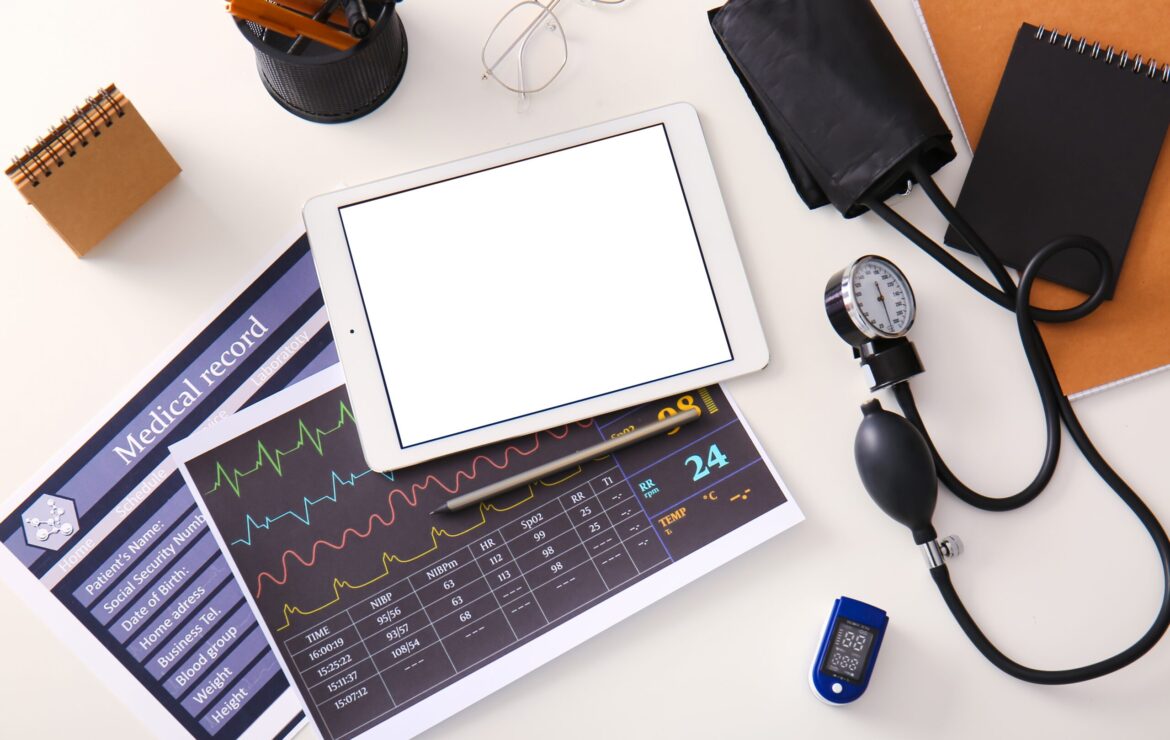Must-Have Items as an In-Home Caregiver

Caring for another person requires emotional strength and having access to the appropriate tools, supplies and resources can make your role more manageable. Whether you are new to caregiving or have been supporting someone for years, all in-home caregivers can benefit from these resources to reduce stress and improve long-term wellness for you and those you support.
This guide is intended as a tool to explore what others see as essential items every caregiver should have to help you provide better care and maintain a safe, comfortable environment for your client. Here are some must-have items for in-home caregiving:
Basic Medical Supplies
A well-stocked first aid kit is essential for caregivers, allowing a caregiver to respond quickly to any minor injuries or health emergencies. Regularly check and replenish the kit to ensure all items and medical supplies are in good condition to provide peace of mind. Essential items include:
- First Aid Kit: Bandages, antiseptic wipes, gauze, and medical tape.
- Thermometer: A digital thermometer for monitoring body temperature.
- Blood Pressure Monitor: Especially if you’re caring for someone with hypertension or heart conditions.
- Gloves: Disposable gloves for hygiene during personal care tasks.
- Hand Sanitizer: To maintain cleanliness.
- Over-the-counter Medications: Like pain relievers, antacids, and cold medicine, as needed.
Mobility Aids
For caregivers who frequently lift, transfer, or assist loved ones with mobility issues, a back support belt can be crucial. While reducing the risk of injury for the caregiver, it can also improve the caregiver’s ability to perform this tasks more efficiently. Other mobility aids include:
- Wheelchair or Walker: If your client has mobility issues.
- Cane: For those who need support while walking.
- Shower Chair/Grab Bars: For safety in the bathroom.
Daily Living Aids
Designed to help individuals with physical or cognitive challenges perform everyday activities more easily and safely, these daily living aids can significantly improve the quality of life for both the person receiving care and the caregiver by promoting independence and reducing the need for assistance.
- Dressing Aids: Button hooks, sock aids, or reachers.
- Adaptive Utensils: Specially designed forks, spoons, or plates for easier eating.
- Bedside Commode: If bathroom access is challenging.
- Pill Organizer: For managing medications.
Comfort Items
Comfort items enhance the well-being and emotional state of individuals receiving care. These items help create a soothing and cozy environment, promoting relaxation and reducing stress. Whether it’s providing physical comfort or emotional reassurance, these items can play a key role in improving the overall quality of life for those in your care.
- Blankets and Pillows: For comfort and support, especially in bed or chair.
- Heating Pad: For aches and pains.
- Loose-Fitting, Soft Clothing: Comfortable clothing made from soft, breathable fabrics like cotton or bamboo can help prevent skin irritation and make it easier for individuals to move around. Items like pajamas, robes, and slippers are great for maintaining comfort throughout the day.
- Compression Socks: These can provide support and reduce swelling in the legs and feet, especially for those who are less mobile or have circulatory issues. They come in various styles and pressure levels to suit individual needs.
- Noise-Canceling Headphones or Earplugs: To reduce stress from a noisy environment.
- Reading Materials or Entertainment: Books, puzzles, or music for mental engagement.
Communication Tools
Communication tools are vital in fostering connection, ensuring safety, and enhancing the overall quality of life for individuals who face communication challenges. These tools help ensure that the person receiving care can express their needs, stay connected with others, and maintain their independence as much as possible.
- Cell Phone or Emergency Call Button: To ensure quick communication in case of emergency.
- Portable Voice Amplifiers: These devices are worn by the person speaking and can amplify their voice, making it easier for those with weak or soft voices to be heard.
- Whiteboard or Notepad: For reminders, schedules, or communicating with clients who have hearing or speech difficulties.
- Video Calling Apps: Apps like Zoom, FaceTime, or Skype allow for face-to-face communication with family, friends, and healthcare providers, helping to reduce feelings of isolation.
- Hearing Aids: These devices amplify sound for individuals with hearing loss. Modern hearing aids often come with features like Bluetooth connectivity, allowing them to connect to phones and other devices.
Organizational Tools
Caregivers must keep track of medical information, appointments, and daily care activities.
With a well-maintained journal, caregivers can easily monitor your clients progress, record any changes in their condition, and ensure that all necessary treatments and medications are timely. Other organization tools can also be beneficial to ensure all relevant information is noted and readily available.
- Planner or Calendar: To keep track of appointments and care tasks.
- Care Documentation Forms: To note changes in condition, medications, or other important information.
- Labels: For organizing medications, food, or other supplies.
- Care Coordination Apps: Apps like “CaringBridge,” “Lotsa Helping Hands,” or “CareZone” allow caregivers to share updates, manage schedules, track medications, and coordinate care with family members and other caregivers.
- Emergency Contact Lists: A clearly visible list of emergency contacts, including family members, doctors, and local emergency services, can be invaluable during a crisis.
Food Preparation Tools
Meal preparation tools are essential for caregivers, especially when managing the dietary needs and preferences of the person receiving care. These tools help save time, reduce physical effort, and ensure that meals are nutritious, safe, and tailored to specific dietary requirements. Here are some meal preparation tools that can be highly beneficial in an in-home caregiving setting:
- Blender/Food Processor: For clients with dietary restrictions or difficulty chewing.
- Meal Prep Containers: To store meals in advance.
- Specialty Cups or Straws: For clients with swallowing difficulties.
- Ergonomic Knives: These knives are designed with comfortable grips and angled blades, making it easier for individuals with limited hand strength or arthritis to chop and slice food.
- Slow Cookers (Crockpots): Slow cookers are excellent for making meals in advance. Simply add the ingredients in the morning, and by evening, a nutritious meal is ready with minimal hands-on effort.


